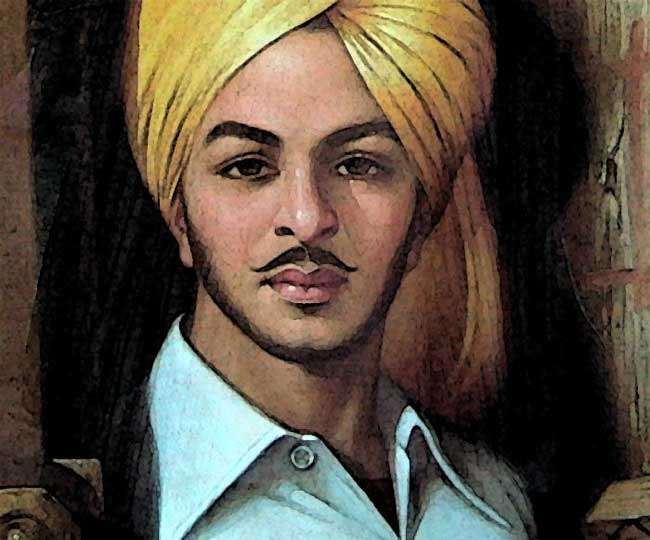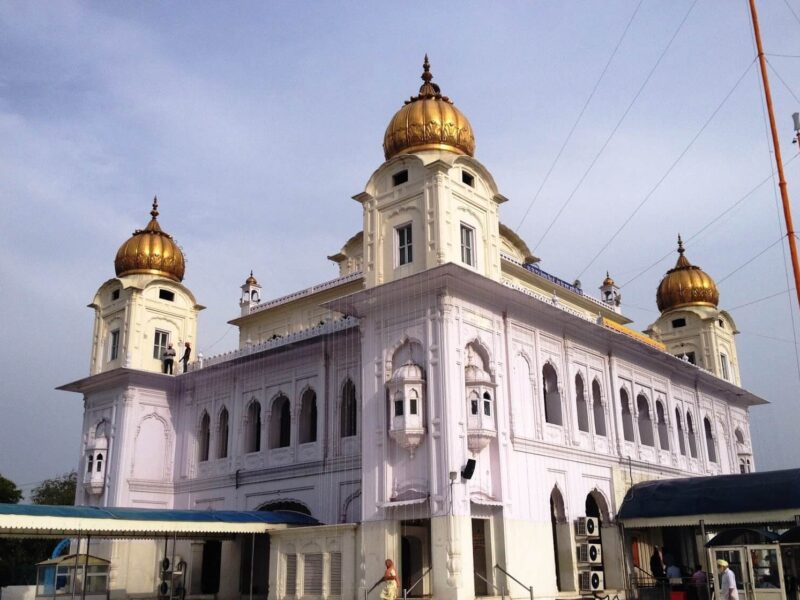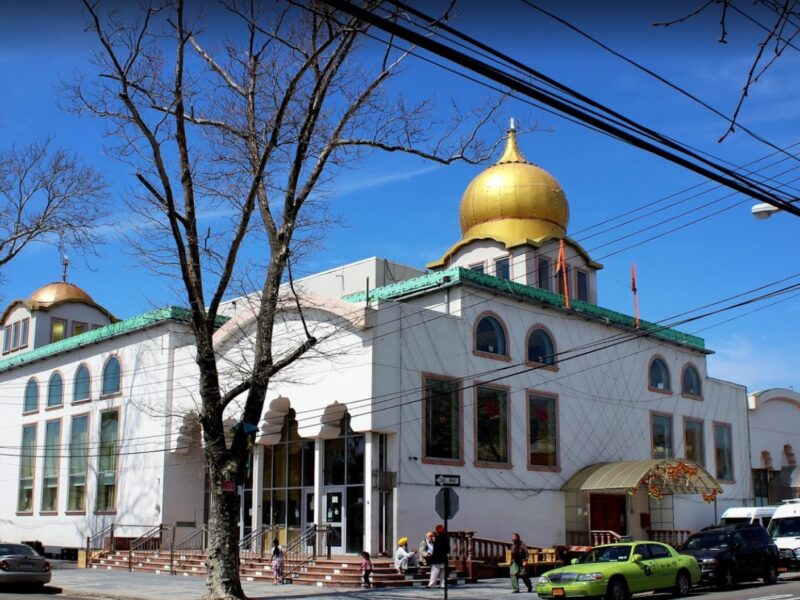The Sikh Desh Bhagat Parivar Sahaik Committee, originally known as, was established in October 1920 under the leadership of Baba Vasakha Singh, a Ghadr revolutionary who had been condemned to live in prison but had been released from the Andamans Cellular Prison in 1920 based on his health. On April 14, 1920, he arrived at his hometown of Dadehar in the Amritsar region and began compiling names of the families of other patriots who had traveled with him to the Andamans almost immediately. Although his failing health prevented him from traveling, he made contact with those families via his younger brother, Magghar Singh, and informed them of the whereabouts of their loved ones.
Hearing about the struggles these families had to go through after losing not only their main breadwinners but also their homes moved him. Also, he acquired the postal addresses of numerous additional families that were struggling.
The Central Sikh League held its second annual session in Lahore’s Bradlaugh Hall in October 1920. To honor the freed freedom fighters, it invited a few of them to the meeting. There was Baba Vasakha Singh among them. He fervently appealed from the Sikh League pulpit for assistance for the struggling families. The League decided to form the Desh Bhagat Parivar Sahaik Committee for this goal at his recommendation.
Its chairman, a position Baba Vasakha Singh retained for the duration of the organization, was selected by a unanimous vote. The Committee’s goals and objectives were as follows:
1. to give struggling Patriots families financial support;
2. to take care of their children’s education and upbringing;
3. Paying visits to incarcerated patriots to give them updates on their families and to bring those updates home;
4. to mobilize support for the liberation of political prisoners by influencing public opinion; and
5. Representing political detainees in court.
Baba Vasakha Singh and the other committee members went on a tour to learn more about persons who were imprisoned due to their political beliefs or actions. They also got to know their difficulties, which they then brought to the public’s attention through news releases and speeches.
The organization also donated money to a fund to assist the detainees’ relatives. In addition to traveling over the entire nation in search of donations, Baba Vasakha Singh also made trips to South East Asia’s Burma, Singapore, Hongkong, and Shanghai. Western nations also started sending donations to the committee’s office, which had been established in a rented building next to the Darbar Sahib in Amritsar.
Up until 1930, the committee’s efforts were mostly focused on holding talks with political prisoners and giving their families financial support. When pressure for the release of political prisoners who had already spent many long years behind bars increased, the second phase got underway. Baba Vasakha Singh had also started working in the Kirti-Kisan by this time (workers and peasants) movement that was seen negatively by the government due to its engagement and Marxist leanings.
The scope of the committee’s work included protecting the welfare of the families of those detained during the Kirti-Kisan campaign. Police searched the Desh Bhagat Parivar Sahaik Committee offices at the start of World War Two and took records.
The committee was idle until 1952 when it was resurrected in Jalandhar to gather money for a memorial honoring the heroes. After independence in 1947, when the majority of the political prisoners were freed by the new government, the committee fell into disuse. The Desh Bhagat Parivar Sahaik Committee and the recently established Desh Bhagat Yadgar Committee merged in 1955.
An organization called the Desh Bhagat Parivar Sahaik Committee is based in India and strives to promote the history of the Indian patriots and freedom fighters who gave their lives to secure the nation’s independence. The group was established in honor of Sardar Kartar Singh Sarabha, a Ghadar Party member and prominent figure in the campaign for Indian independence.
The Desh Bhagat Parivar Sahaik Committee puts on a variety of activities and programs, such as seminars, lectures, and cultural gatherings, to advance the principles and ideals of the patriots and liberation fighters. The charity also helps the families of the patriots and freedom fighters who suffered during the war for independence or were punished. The Desh Bhagat Parivar Sahaik Committee’s overall mission is to preserve the memory of the Indian freedom fighters’ achievements and sacrifices for present and future generations.


